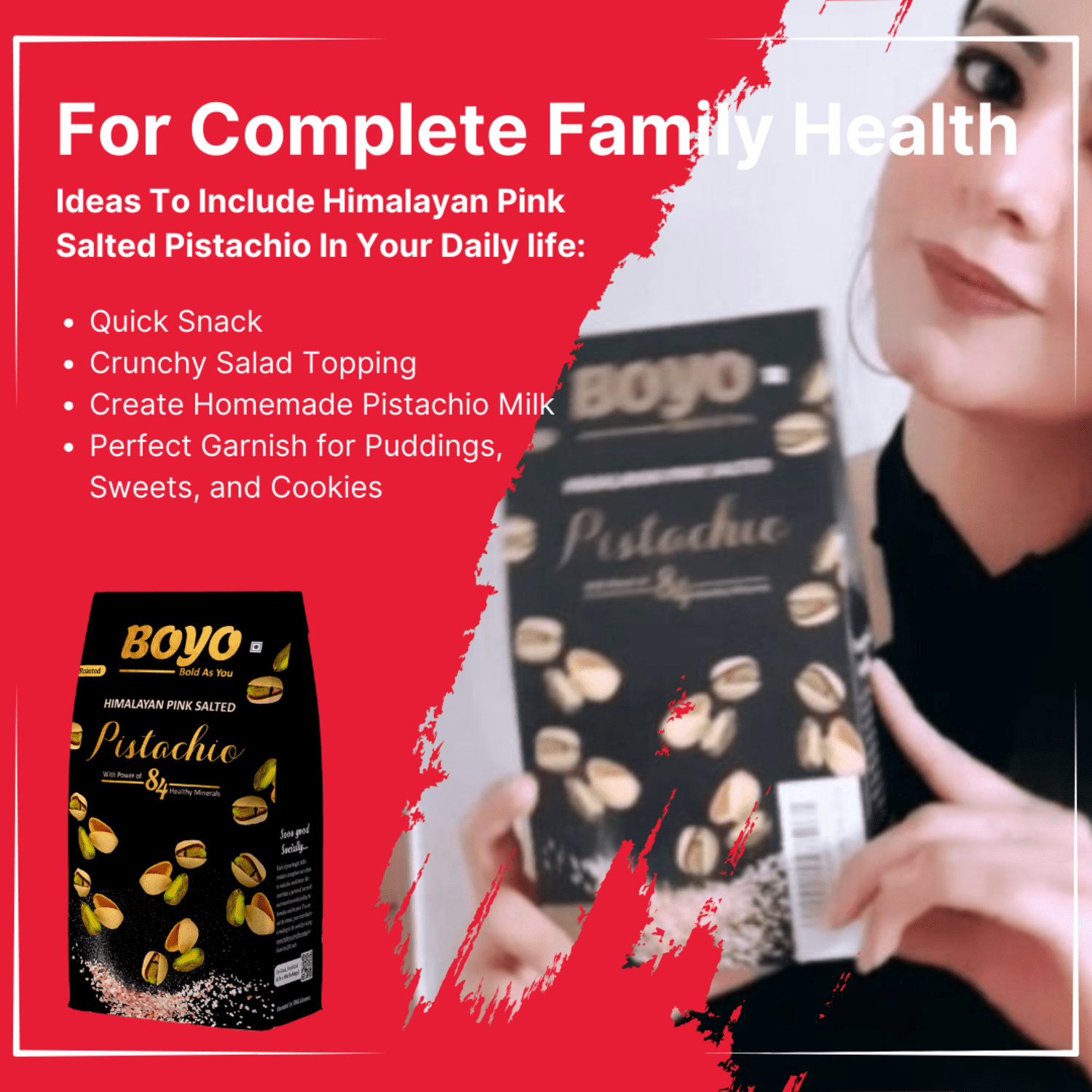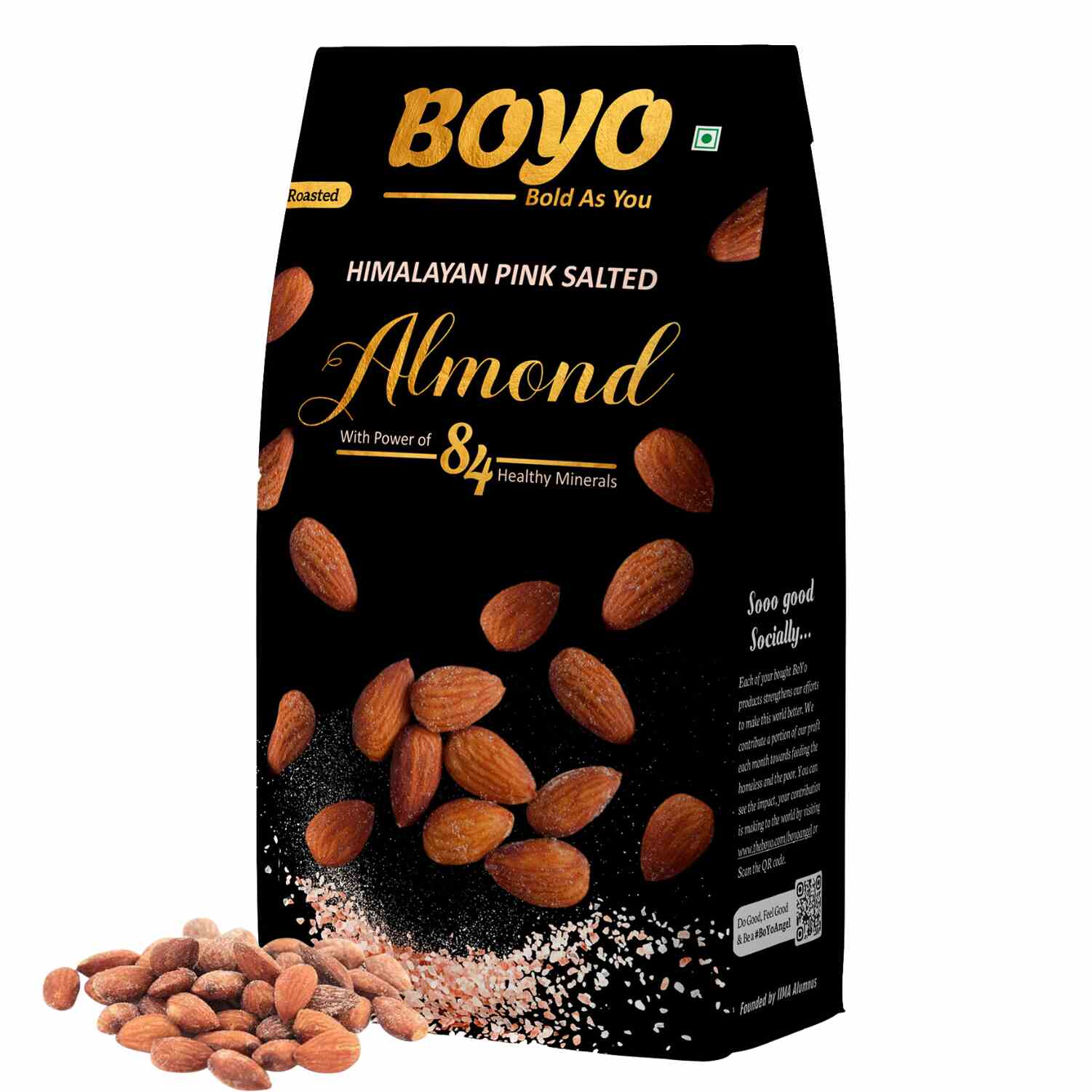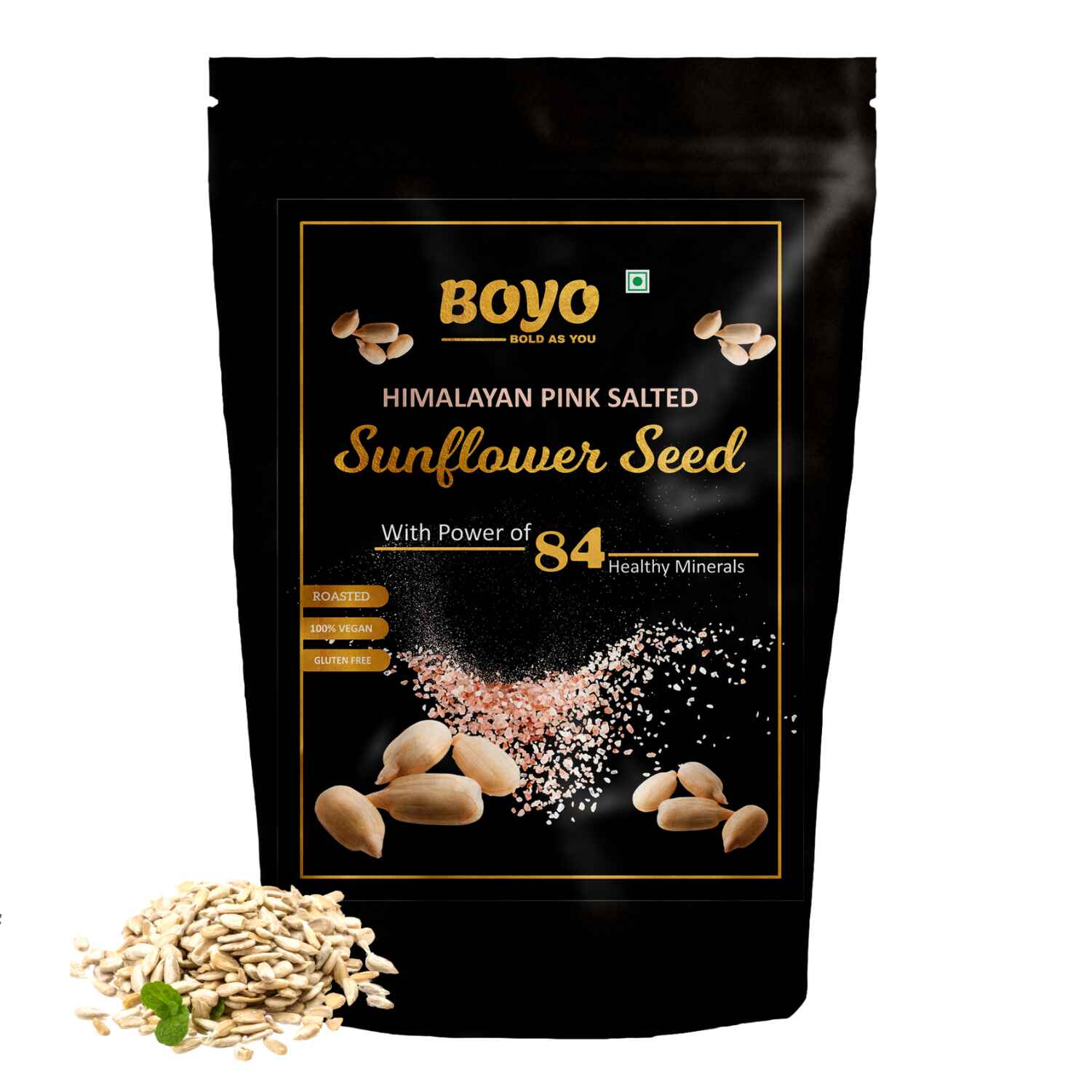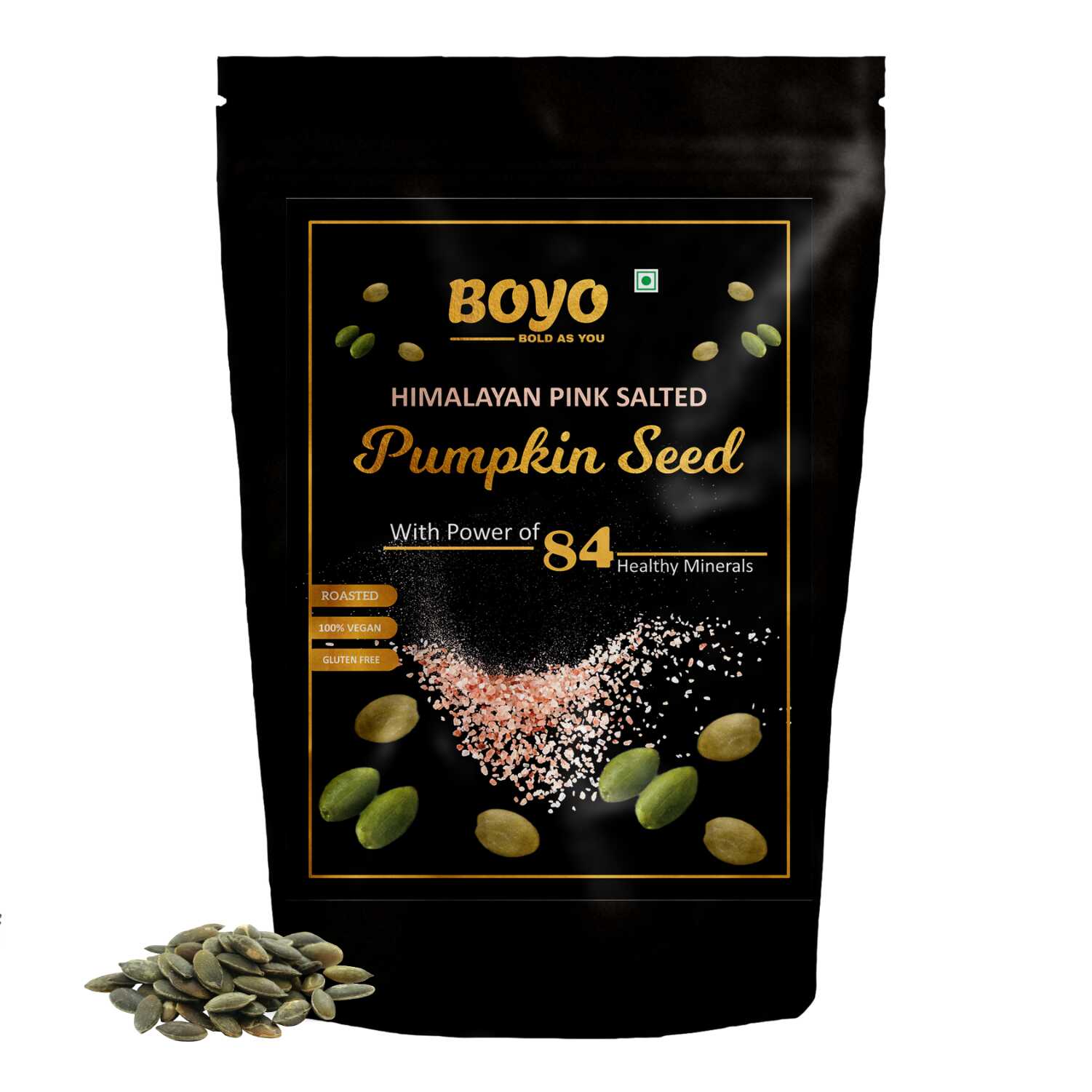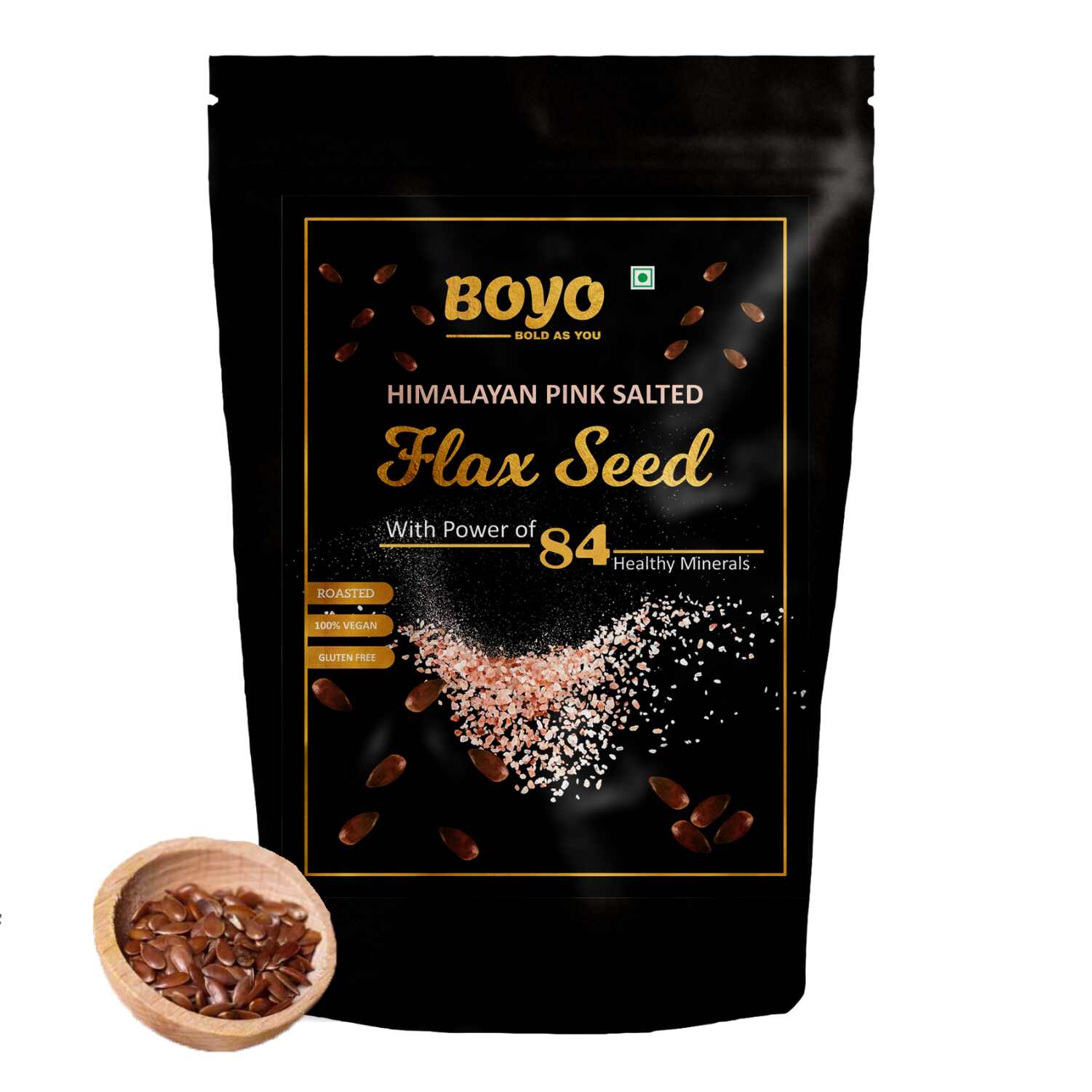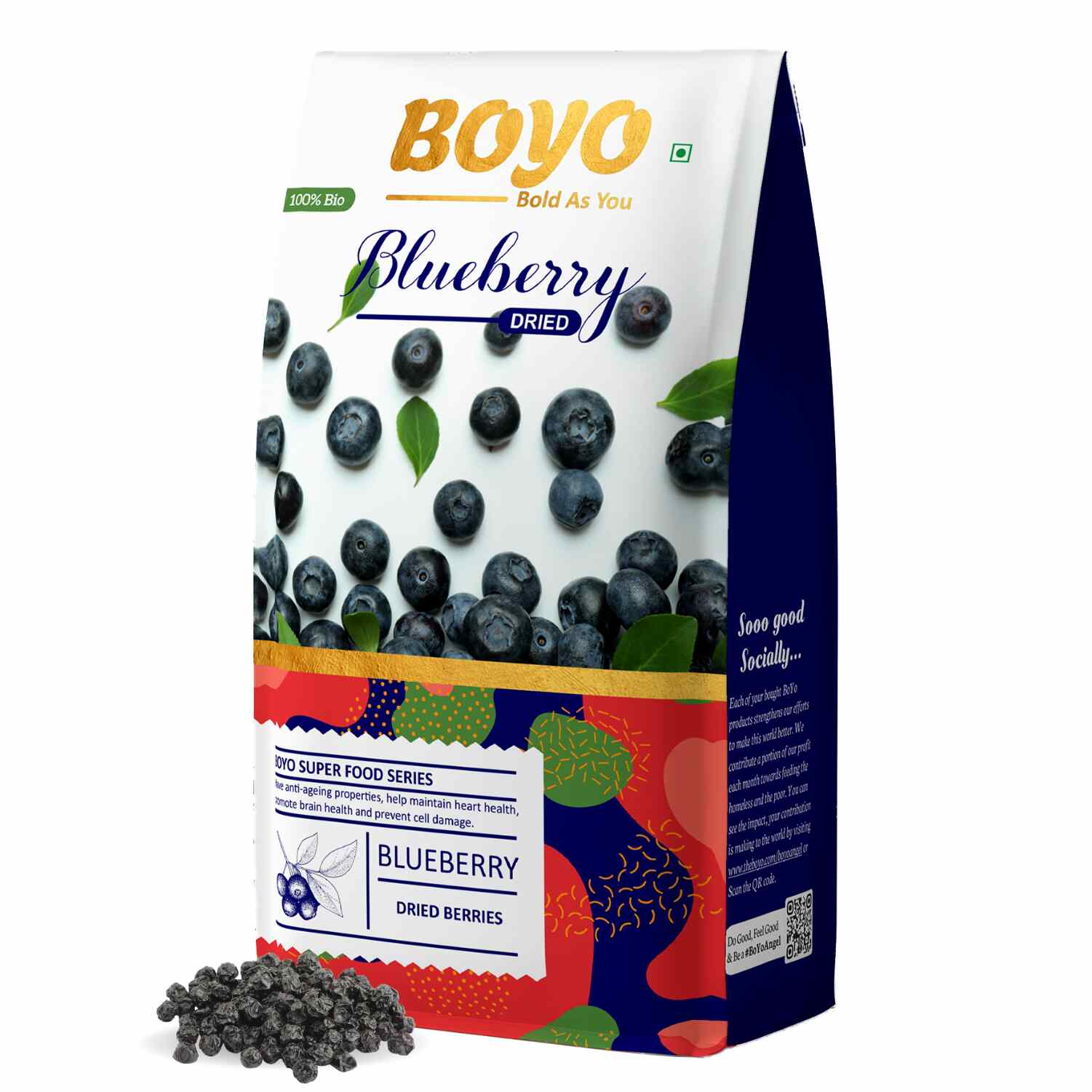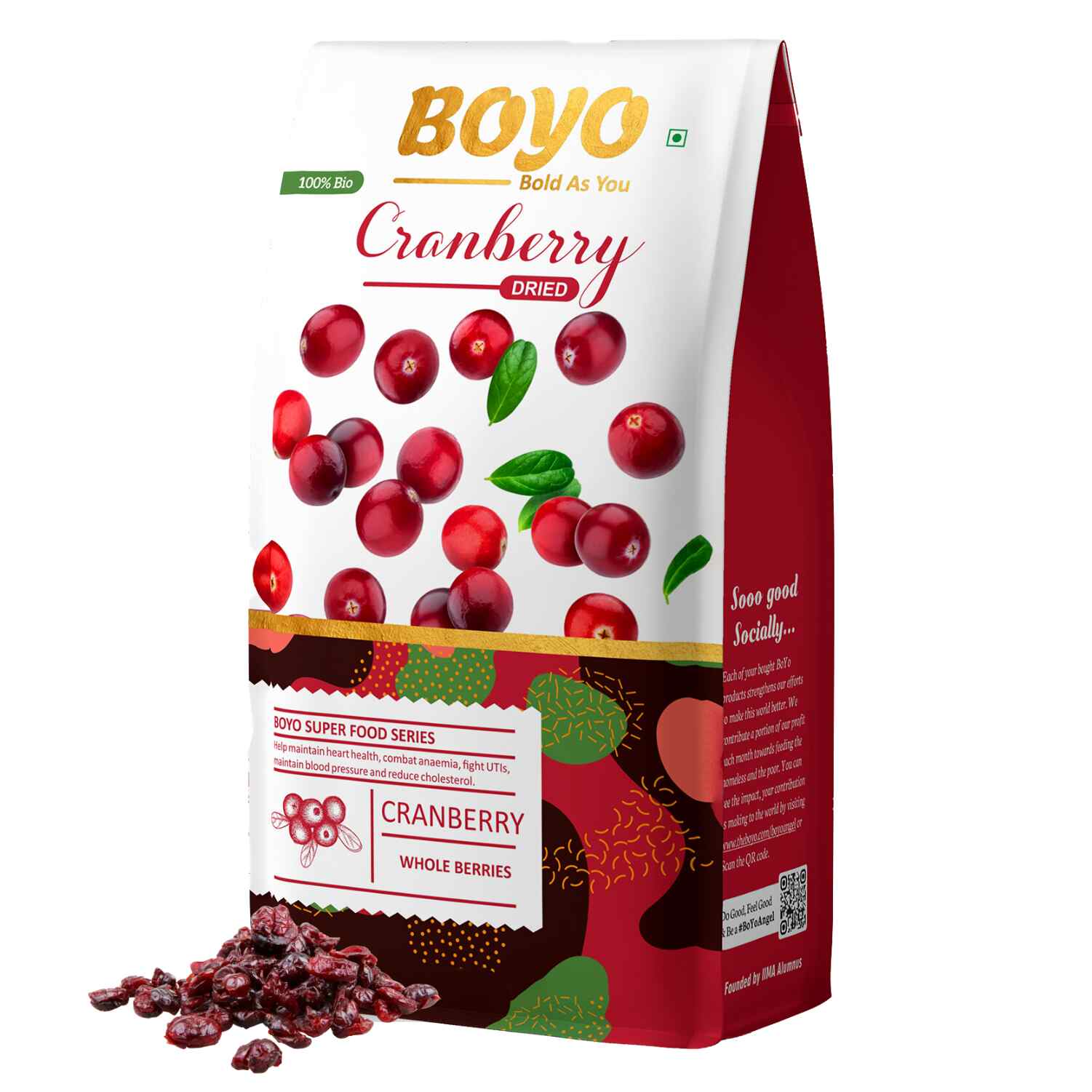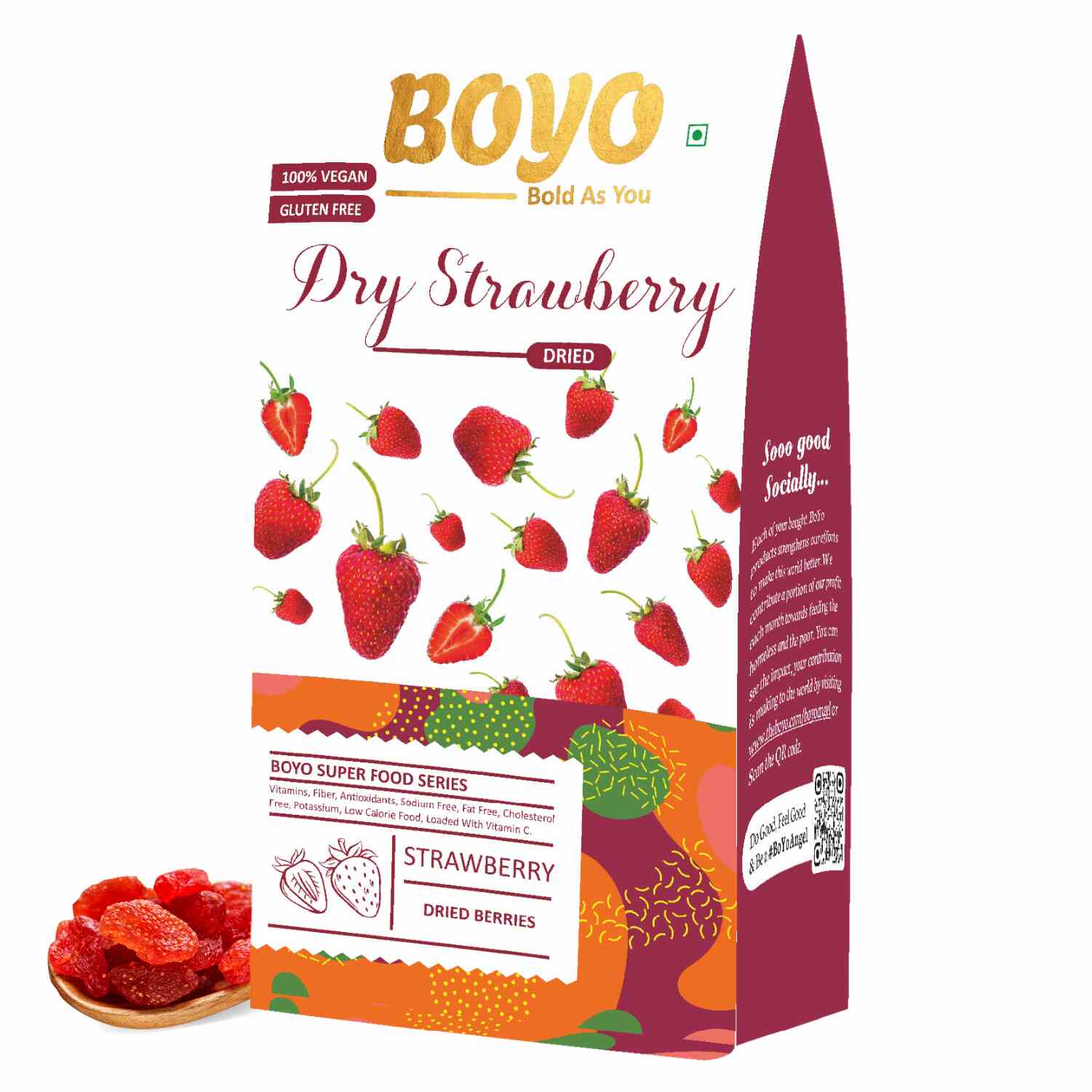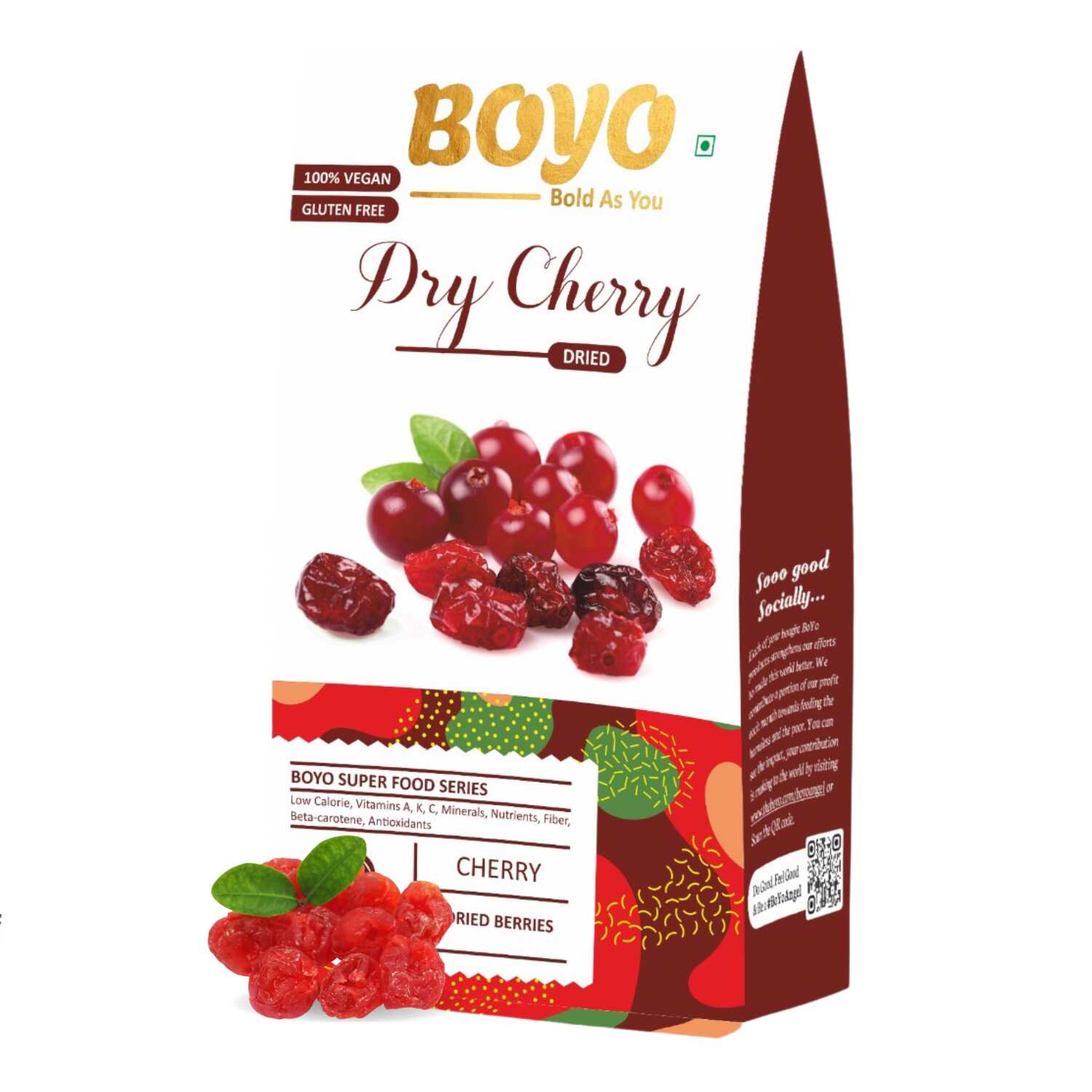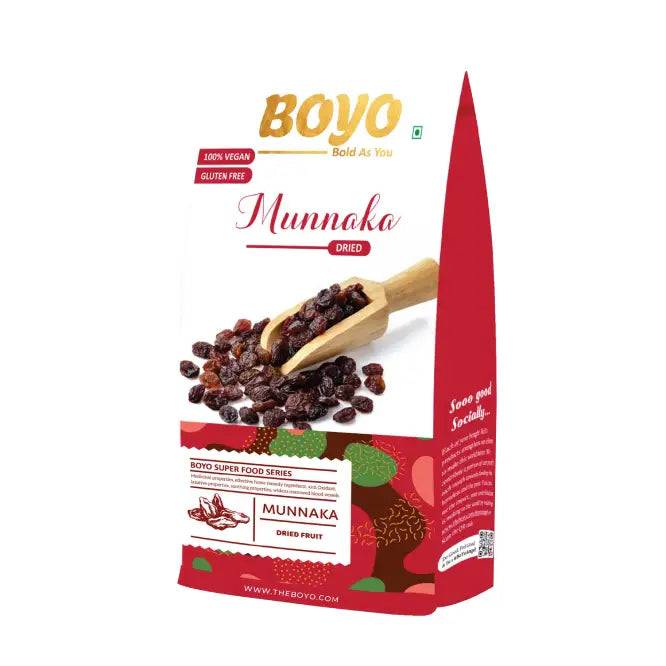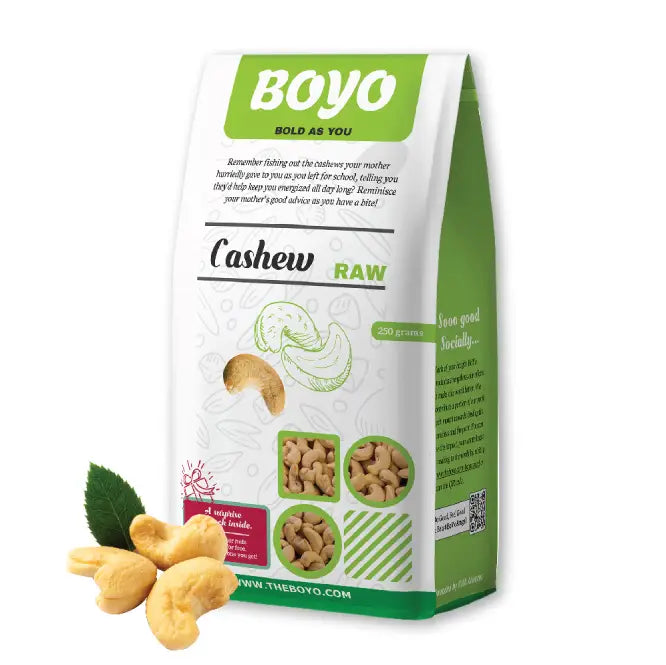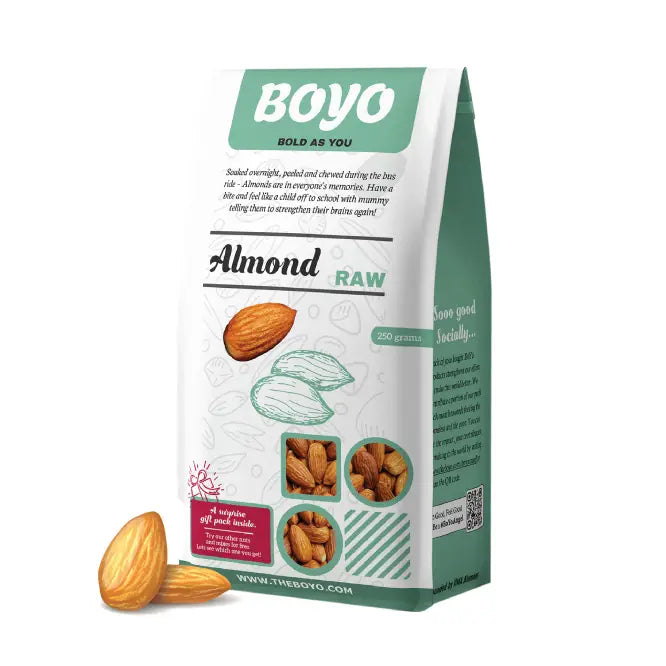
Discover 7 Effective Strategies to Put an End to Overeating

Fed up with feeling down 'cause of your cravings for junk food? You can take control! Discover 7 awesome strategies to put an end to overeating. Read on and change your life!
Practice mindful eating
Pay attention to your body's hunger and fullness cues. Eat slowly, savor each bite, and listen to your body's signals of satisfaction.Mindful eating can be an effective tool to tackle overeating. Pay close attention to hunger and fullness cues. Take time to enjoy each bite. Savor the taste and texture. Listen to your body when it says you're full.
Four simple steps to practice mindful eating:
- Check how hungry you are on a scale of 1-10.
- Eat slowly and savor each bite.
- Focus on the flavor and sensation of the food.
- Pause occasionally during your meal to check if you're still hungry or comfortably full.
Plus, keep a food journal and practice portion control to avoid overeating. Be aware of your eating habits. Mindful eating helps us to recognize when we're satiated. By making these changes, we can form a healthier relationship with food. Meal planning is also a great way to combat hanger-induced snacking.
Plan your meals
Create a balanced meal plan and stick to regular eating times. This can help prevent impulsive overeating due to hunger or erratic eating patterns.Put an end to overeating with a great strategy: planning your meals and staying consistent with regular meal times. Here's a 6-step guide to do it!
- Step 1: Analyze your current eating habits. Note any situations that lead to overeating.
- Step 2: Set specific meal times that work for you and stick to them.
- Step 3: Create a weekly meal plan. Include breakfast, lunch, dinner, and snacks. Balance proteins, carbs, and healthy fats.
- Step 4: Make a shopping list based on the meals you planned. Buy the ingredients.
- Step 5: Prepare your meals in advance. Avoid unhealthy options when you're short on time or hungry.
- Step 6: Eat mindfully and savor each bite. Pay attention to your body's hunger and fullness cues.
Remember: Planning meals does not mean no treats or indulgences. It's all about being mindful and balanced.
Research shows that those who plan their meals tend to be healthier and have better body weights than those who don't. Don't let your stomach fool you - if it's really hungry, grab a glass of water instead!
Stay hydrated
Drink an adequate amount of water throughout the day. Sometimes, thirst can be mistaken for hunger, leading to unnecessary snacking and overeating.
Tackling overeating starts with proper hydration. Drinking enough water stops thirst being misread as hunger, which often leads to snacking and overindulgence. When you meet your body's hydration needs, it's easier to tell the difference between true hunger and thirst, enabling you to make better food choices.
Hydration not only reduces hunger confusion, it also offers other advantages when controlling overeating. Water fills your stomach and gives that feeling of fullness, which stops you from snacking excessively. It also aids digestion in processing nutrients, keeping you feeling full for longer.
Hydration can even help boost your metabolism. Studies show that drinking water temporarily increases the number of calories burned by the body, which could help weight loss. Choosing water instead of sugary drinks or alcohol can lower overall calorie intake too.
To stay hydrated, keep a water bottle with you at all times. Set reminders if needed to help with regular water consumption. Eating foods with high water content like cucumber and watermelon can also help hydration levels.
Pro Tip: Add slices of fresh fruit or herbs such as lemon or mint to plain water to give it some flavour - without any calories or artificial sweeteners.
Hydration is essential for overall health and aids with managing weight. Remember to prioritize hydration and drink enough water each day to control snacking and overeating. Opt for real foods that will fill you up and leave you feeling satisfied - no one ever binged on broccoli!
Choose nutrient-dense foods
Opt for whole, unprocessed foods that are rich in nutrients. These foods tend to be more filling and satisfying, reducing the likelihood of overeating.
Nutrient-dense foods can help you combat overeating. Whole, unprocessed meals are packed with nutrients, vitamins, minerals and antioxidants - all important for good health and well-being. They also have a higher fiber content, giving you a feeling of fullness. Complex carbs and healthy fats provide long-lasting energy, preventing sudden sugar spikes that might lead to over-eating. Eating nutrient-dense foods stops cravings for unhealthy snacks and helps you become more mindful of portion sizes. Incorporating them into your diet has long-term benefits such as weight management and improved heart health.
To prove the impact of nutrient-dense foods, consider Sarah's story. She used to have trouble controlling her appetite, but once she started eating more wholesome options, she noticed a change in her cravings. The more nourishing meals she ate, the easier it was for her to control her portions and resist snacking.
Smaller plates may make food look bigger, but they won't do the same for your appetite.
Control portion sizes
Use smaller plates and bowls to help regulate portion sizes. Be mindful of serving sizes and avoid going back for seconds without considering if you're still hungry.
Controlling portion sizes is the key to stopping overeating. Here are some tips:
- Get small plates and bowls to limit the amount of food you serve yourself.
- Measure your servings.
- Chew slowly and pay attention to hunger and fullness signals.
- Avoid distractions while eating; focus on the flavors.
- Make balanced meals with all the nutrients you need without extra calories.
Not only does controlling portion sizes help manage weight, but it also encourages healthier eating habits. Long ago, people used big shared bowls, leading to bigger portions due to social pressures. Now, smaller individual plates and bowls are common, making portion control easier. Mindful eating is essential for a healthy lifestyle.
Limit distractions while eating
Avoid eating in front of the TV or while engaging in other activities. By focusing solely on your meal, you'll be more in tune with your body's cues and less likely to overeat.
Eating in front of the TV or while engaging in other activities can lead to overeating. So, focus on your meal to be more connected to your body's cues and less likely to eat too much. Here's a 5 step guide for distraction-free eating:
- Find a quiet space. Choose a peaceful environment where you can enjoy your meal.
- Turn off electronic devices. Switch off the TV, put away your phone, and avoid other electronics.
- Create a relaxing ambiance. Light candles, play soft music, or set beautiful tableware.
- Focus on each bite. Take small bites. Chew slowly and savor the flavors.
- Engage all senses. Pay attention to the taste, smell, appearance, and even sound of your food.
More tips:
- Express gratitude. Before eating, show appreciation for the food.
- Skip the emotional buffet. Find healthier ways to deal with stress.
Manage stress and emotional eating
Find alternative ways to cope with stress, such as practicing meditation, exercising, or engaging in hobbies. Emotional eating can lead to overeating, so it's important to address the underlying emotions in healthier ways.
It's key to limit overeating by managing stress and emotional eating. Instead of food, let's find healthier ways to address our emotions. Here are 4 steps to help you:
- Step back and breathe. When feeling stressed, pause and focus on your breath. Deep breathing can calm the mind and reduce anxiety. That makes it easier to avoid over-eating.
- Do mindful meditation. Regularly practicing this can help us be aware of our emotions and avoid impulsive overeating. Take a few minutes each day to sit quietly, observe thoughts without judgment and let them pass.
- Exercise! Physical activity helps reduce stress and releases endorphins that raise our mood and cut cravings for unhealthy food. Find something that fits your preferences, such as jogging, yoga, dancing or something else that brings you joy.
- Pursue hobbies that bring you joy. Activities we love distract us from reaching for food as comfort. Think painting, playing a musical instrument, gardening or reading a book. Make time for them regularly.
Plus, it's good to:
- Surround yourself with supportive people who offer encouragement.
- If needed, get professional help from a therapist expert in emotional eating.
- Practice self-care by getting enough sleep, setting boundaries and treating yourself kindly.
Take Sarah, who found success managing emotional eating. She sought therapy and learned coping strategies like journaling thoughts and feelings, meditating and exercising regularly. With consistent effort and self-reflection, she broke free from emotional eating and found healthier ways to manage stress.
Managing stress and emotional eating is essential to ending overeating. Through these strategies and alternative outlets for our emotions, we can cultivate healthier habits and live a more balanced life. So, start taking charge of your emotional wellbeing now!
Frequently Asked Questions
FAQs: Discover 7 Effective Strategies to Put an End to Overeating
Q1: Why do people overeat?
A1: There are several reasons why people overeat, including emotional eating, stress, boredom, habit, or simply because they find food comforting. Understanding these triggers can help in developing strategies to overcome overeating habits.
Q2: How can portion control help in curbing overeating?
A2: Portion control involves eating smaller amounts of food at one time. By managing portion sizes, you can regulate calorie intake and prevent overeating. Using smaller plates, measuring portions, and being mindful of hunger and fullness cues are effective strategies for portion control.
Q3: Can keeping a food diary assist in reducing overeating?
A3: Yes, keeping a food diary can be helpful. It enables you to track what, when, and why you eat, making you more conscious of your eating habits. It also allows you to identify triggers and patterns related to overeating, enabling you to make necessary changes to your eating behavior.
Q4: How beneficial is mindful eating in stopping overeating?
A4: Mindful eating involves fully focusing on the present moment while eating, paying attention to physical hunger and satiety cues, and savoring the flavors and textures of food. This practice helps in reducing overeating by promoting awareness and pleasure in eating, preventing mindless consumption.
Q5: Can stress management techniques assist in overcoming overeating?
A5: Absolutely! Stress management techniques such as deep breathing, meditation, yoga, or engaging in hobbies can help reduce stress levels. As stress is a common trigger for overeating, effectively managing stress can prevent emotional eating episodes and aid in breaking the cycle of overeating.
Q6: Is it helpful to seek professional help to overcome overeating?
A6: Yes, seeking professional help like therapy or counseling can be incredibly beneficial. Professionals can provide guidance, support, and personalized strategies for individuals struggling with overeating. They can address underlying emotional factors, provide coping mechanisms, and develop a tailored plan for long-term behavioral changes.





















